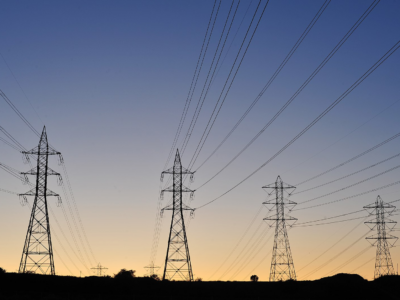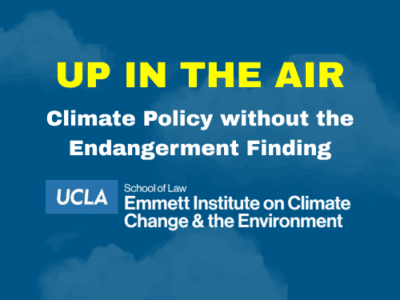The Fairness of Using the Gas Tax to Support Transit

A lot of people are out driving on this Labor Day weekend, which means buying gas and paying the gas tax that’s included in the price. As it happens, last week, the GOP adopted a platform condemning the use of the highway fund to support transit.
The platform seems to reflect conservative fairness concerns, like the complaint that “the portion of gas taxes that funds mass transit is an immoral tax” because it is “wrong for mass transit riders to take the money of non-riders instead of paying the full cost of their ride in fares.”
Here are four reasons, apart from political expedience, why the gas tax makes sense a source of highway funds:
- Drivers Benefit From Reduced Congestion. Mass transit may take cars off the road, reducing congestion (and wear-and-tear on the roads). That’s a major benefit to people who stay in their cars and trucks — congestion is a much problem for commuters and others. This is a common argument among transit supporters. (For example, here.)
- Drivers Benefit Because Transit Increases Available Capacity. Alternatively to argument #1, by taking some existing drivers off the road, mass transit may make it possible for other people to fill the newly opened space on the roads. If that happens — and some economists think it’s the rule rather than the exception — that effect undercuts the anti-congestion argument but supports a different argument. If the highway space freed by transit is used by drivers, they are deriving a benefit that they ought to pay for. Using the gas tax to fund mass transit is one way of charging drivers for this benefit of transit.
- Countering the Regressive Effect of the Gas Tax. The tax gas is regressive, like most sales taxes. That is, the poor pay a greater percentage of their income than the rich. If the poor drive less fuel-efficient cars, they are also being overcharged relative to more affluent drivers for each mile of use.If mass transit users are poorer than the average driver, using gas tax proceeds for transit partly counters the overall redistributive effect.
- Compensating Non-Drivers for Vehicle Pollution. Drivers impose a cost on everyone else in the form of air pollution. Ideally, an economist would probably want them to pay an emission tax based on total emissions. The gas tax is generally used for activities that benefit drivers, so they aren’t compensating the rest of society for their harmful emissions when they pay the tax. Taking part of the funds away from highway use is like an emissions tax in fairness terms — the result is that wealth is transferred from the drivers who cause pollution to non-drivers who don’t cause the pollution but do suffer the consequences.
Admittedly, use of gas tax to support transit isn’t perfectly geared to any of these goals. But in the real world, tax equity will never be perfect. Using the gas tax to pay for transit seems to be at least rough justice.







Reader Comments